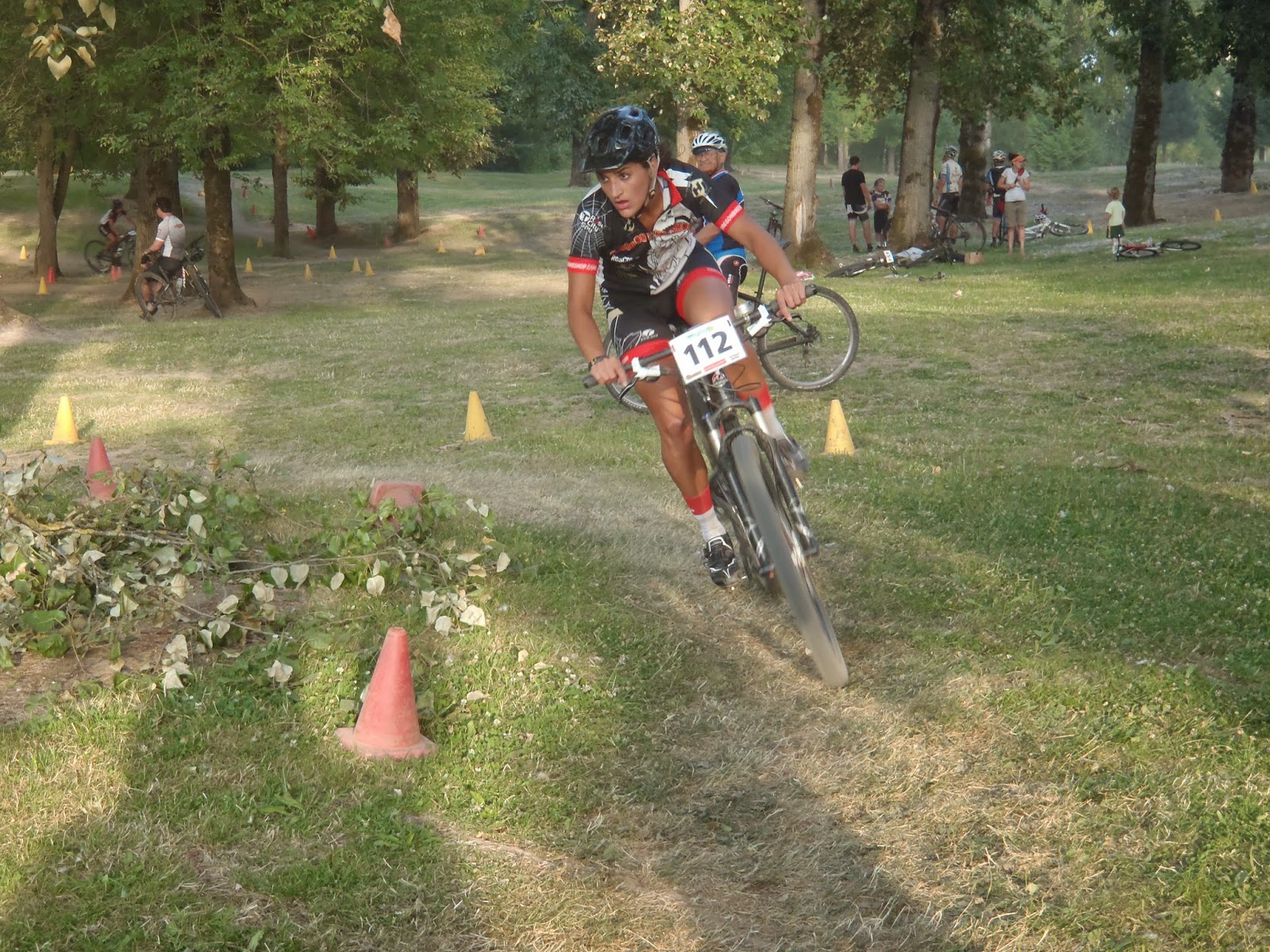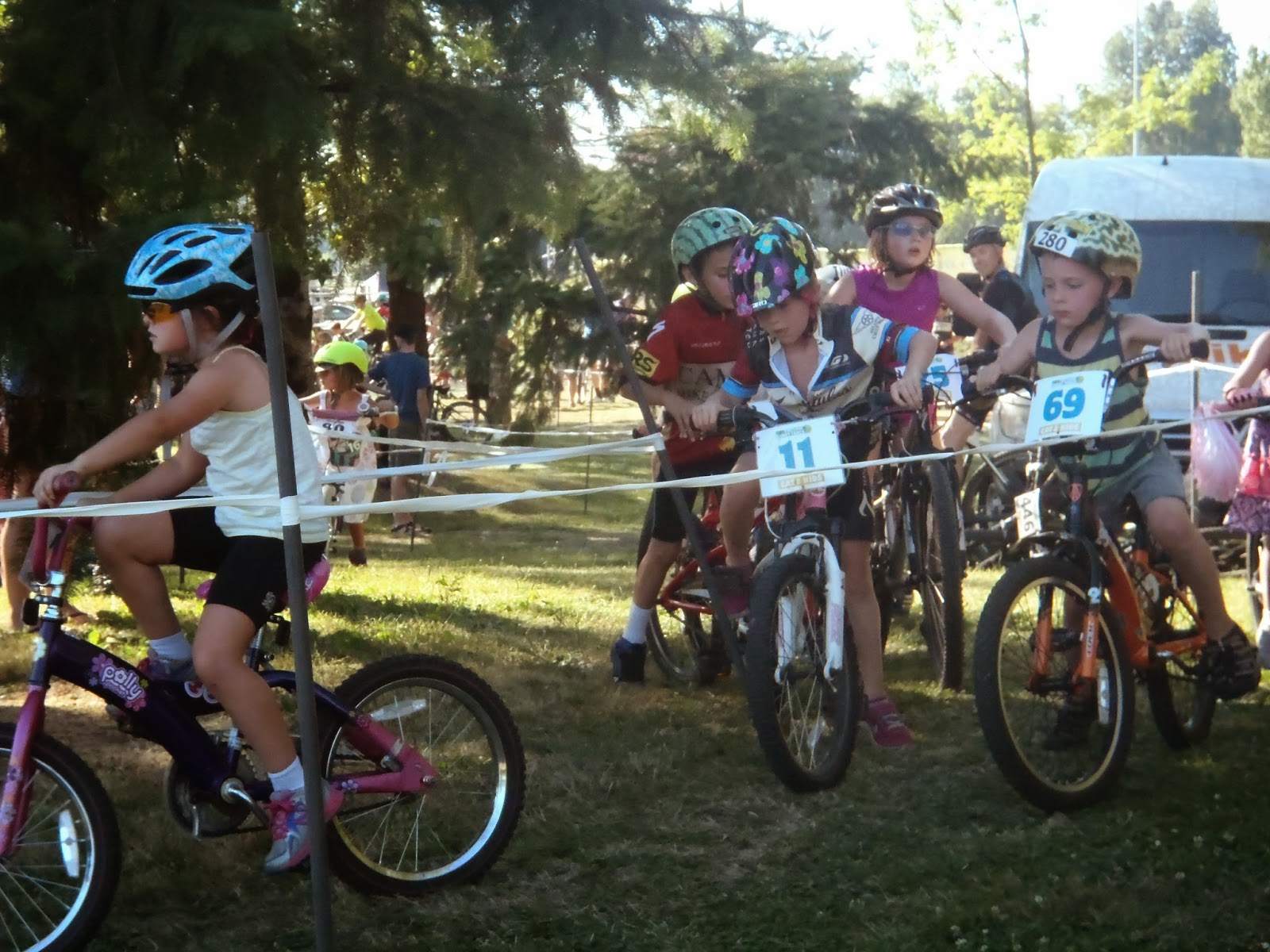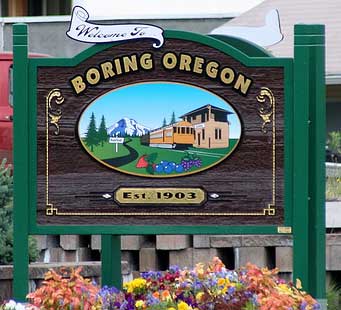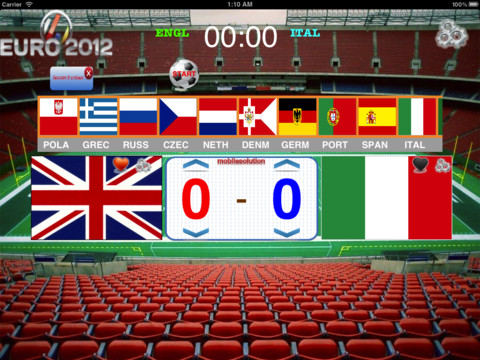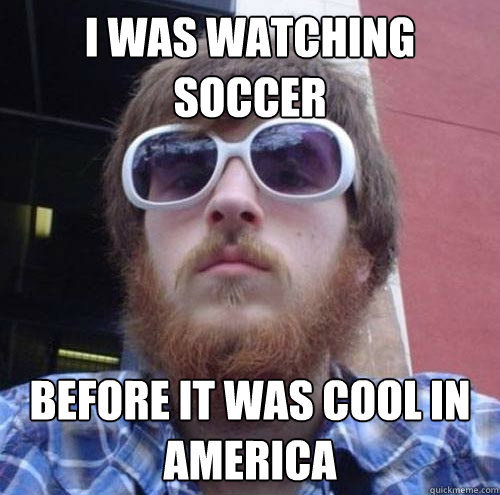This blog will start with a Bobcat
crying and end on a saddle, but not on a horse. In between, there will be alligator
eating, zydeco dancing, fireworks, Euro-mullets, strippers, and a trip to the
emergency room. If none of this sounds interesting to you, then I recommend that
you quit reading this blog right now. In fact, if none of this sounds even remotely
interesting to you, I recommend that you quit reading all together, because apparently,
you are very hard to please.
When
I first decided to write a weekly blog, I worried that I might not be able to find
something worthy to talk about every seven days. As it turns out, the opposite
seems to have happened—I have so much to say that I know I’ll never get around
to it all. This past week in particular, such amazing things happened—each worthy
of its own blog post—that I had trouble deciding which one to address. So, I’ve
decided to discuss them all, if some only briefly. I figure it could be an
interesting social document, to help future generations better understand what
a typical week was like in America in 2014. My hope is that a hundred years
from now, some future American might grow tired of their virtual reality sex
chamber and decide to do some historical research. Perhaps they will pour
themselves a large mug of Mountain Dew Cool Ranch Dorito Blast™ soda pop, strap
on their Weblet®, and surf Twitoogle
Book© for: “What were Americans up to a century ago?” Then maybe, just maybe,
they will stumble upon this blog post. So, here goes: ONE WEEK IN JULY IN
AMERICA, 2014.

Bobcat
Goldthwait came to town. Some of you might remember Bobcat from the
Police Academy franchise, (he’s the guy with
the unusual, high-pitched voice) but most of you probably won’t remember him at
all. He was a somewhat famous comedian in the 1980’s and acted in several forgettable
films and television shows over the course of the next two decades. About ten
years ago he retired from stand-up/acting to pursue a career as a film director,
developing a new generation of fans, including myself. His films are rather unconventional,
to say the least. They approach topics such as bestiality, autoerotic
asphyxiation, and mass murder. And they’re hilarious! (If you find those kinds
of things funny, that is.) Though, his latest film really threw us fans for a
loop.
Willow Creek is a found-footage
horror film about Bigfoot, and when I found out that they were premiering it at
the Hollywood Theater in Portland, and that Bobcat would be in attendance, I
just had to go. And I wasn’t the only one. The place was packed—Sold Out! And upon
the applause the film received, Bobcat broke down in tears. Apparently, the
film didn’t go over as well in other cities. It truly made me proud to be a
Portlander. (There will be more to come on Bigfoot in future blogs.)
What’s
next? Euro-mullets! When I was in college, my rugby club had a tradition of
giving our rookies funny haircuts as part of their initiation. My senior year,
I decided to also partake in the fun and cut my then very-long hair into a
mullet. After a few weeks, when the rookies had all shaved their heads and my
mullet remained, my friend Patrick asked why I hadn’t cut it. “Because, after I
graduate,” I answered. “I’ll have to get a real job and I’ll never be able to
have a funny haircut again.”
“I
hate to break it to you,” Patrick replied, “but I can never see you having a ‘real’
job.”
Patrick
was right. Ten years later, and I’ve never gained employment where the style of
my hair would have been considered in the hiring process. So, to commemorate a
decade of never finding a “real” job, I decided to cut my hair into a “Euro-mullet.”
I would later find out that the haircut is actually quite popular right now
among World Cup soccer players, but I want to emphasize that my haircut in no
way reflects any positive feeling towards the game. I currently hate soccer, I’ve
always hated soccer, and I always will hate soccer! (There will be more to come
on my hatred of soccer in future blogs.)
 Emergency
room. My teammate Emily used to have the most beautiful legs. That is, until
she met me. I remember one of her first races where she scratched up her legs
during a minor crash. “What should I do?” she asked me. “Rub some dirt in it
and get back on the bike,” was my response. Flash forward two years. Last week
we’re training at the Gateway Green and I told her that it’s possible to ride
the entire course without using your brakes. On the last lap of the night, I came
around the final turn to see her bike on the ground, and her walking away from
it. “What happened?” I asked. “I tried not using my brakes,” she answered. “Are
you alright?” I asked. “My knee,” she said. “You seem to be walking fine,” I
replied, hoping to reassure her that it wasn’t that bad. Then she turned
around. This time, rubbing dirt in it wasn’t going to do the trick. One trip to
the ER and a handful of stitches later, and I think we both learned a valuable
lesson: DON’T EVER LISTEN TO ANYTHING I SAY!
Emergency
room. My teammate Emily used to have the most beautiful legs. That is, until
she met me. I remember one of her first races where she scratched up her legs
during a minor crash. “What should I do?” she asked me. “Rub some dirt in it
and get back on the bike,” was my response. Flash forward two years. Last week
we’re training at the Gateway Green and I told her that it’s possible to ride
the entire course without using your brakes. On the last lap of the night, I came
around the final turn to see her bike on the ground, and her walking away from
it. “What happened?” I asked. “I tried not using my brakes,” she answered. “Are
you alright?” I asked. “My knee,” she said. “You seem to be walking fine,” I
replied, hoping to reassure her that it wasn’t that bad. Then she turned
around. This time, rubbing dirt in it wasn’t going to do the trick. One trip to
the ER and a handful of stitches later, and I think we both learned a valuable
lesson: DON’T EVER LISTEN TO ANYTHING I SAY!
Fireworks.
My girlfriend and I went downtown to watch the fireworks on the Fourth of July.
To make a long rant short: I don’t understand why our nation sets off fireworks
to celebrate our independence. 1) They’re a Chinese invention—why do we
celebrate something American with something Chinese? 2) They’re expensive, and
I’ve found through experience that the people who spend the most money on
fireworks are usually hillbillies who have the least amount of money to be
spending on fireworks. When you purchase fireworks, you are literally sending
your money up in flames. 3) Shell shock—veterans of foreign wars often times
hate fireworks, and can you blame them? It sounds like warzone when they’re
going off! What a way to celebrate our independence—by forcing those who fought
for our independence to hide in their basements and wear earplugs so they don’t
have horrific flashbacks. 4) Every year a few drunken hillbillies across the
country blow their hands off (okay, maybe this isn’t such a bad thing) 5) They’re
a Chinese invention!!!!!!!!!

Strippers.
My girlfriend has developed an admiration for strippers, so, after the
fireworks, we headed over to Club 205, who claim to have the "Sexiest Girls in
Town.” I thought that was just something that all strip clubs said, but I’ll be
honest, these girls can do things on poles that you wouldn’t believe. (To
future Americans: before the invention of the virtual reality sex chamber,
people paid real-life women to remove their clothes and dance for them. I know,
it does sound lame, doesn’t it?) The next morning, my girlfriend asks me why I
don’t like strip clubs. “It’s like going to a buffet,” I said, “except you can’t
eat anything. You can only look at all the food. And then you have to go home
and eat quinoa.” She didn’t like
that
answer. I think it came out wrong. I love quinoa! I eat it every day!
Zydeco
dancing and alligator eating. We went to the Waterfront Blues Festival, where
we ate alligator and danced to zydeco music. This blog is already running a bit
long, so let’s leave it at that. (There will be more to come on zydeco dancing
in future blogs. I can’t promise anything more on alligator eating.)
Saddle
Mountain. We drove out to the coastal range and climbed Saddle Mountain. After
2.5 miles and 1,600 feet in elevation gain, we reached the summit, where you
can see the Pacific Ocean to the west, and as far as Mount Hood to the east. It was
an absolutely beautiful sight, but not as beautiful as the girl standing next
to me, who I would choose any day over any stripper, or buffet, or stripper
buffet, for that matter. Subsequently, we returned home and had quinoa for
dinner.
So,
future generations: that’s what people in America are doing in the year 2014—making
Bobcats cry, watching strange films, sporting funny haircuts, burning money,
watching strippers, climbing mountains, dancing to swamp music, eating exotic
animals, and inadvertently sending their friends to the emergency room. Okay, you can go back to your virtual reality
sex chamber now. Sorry for wasting your time.



